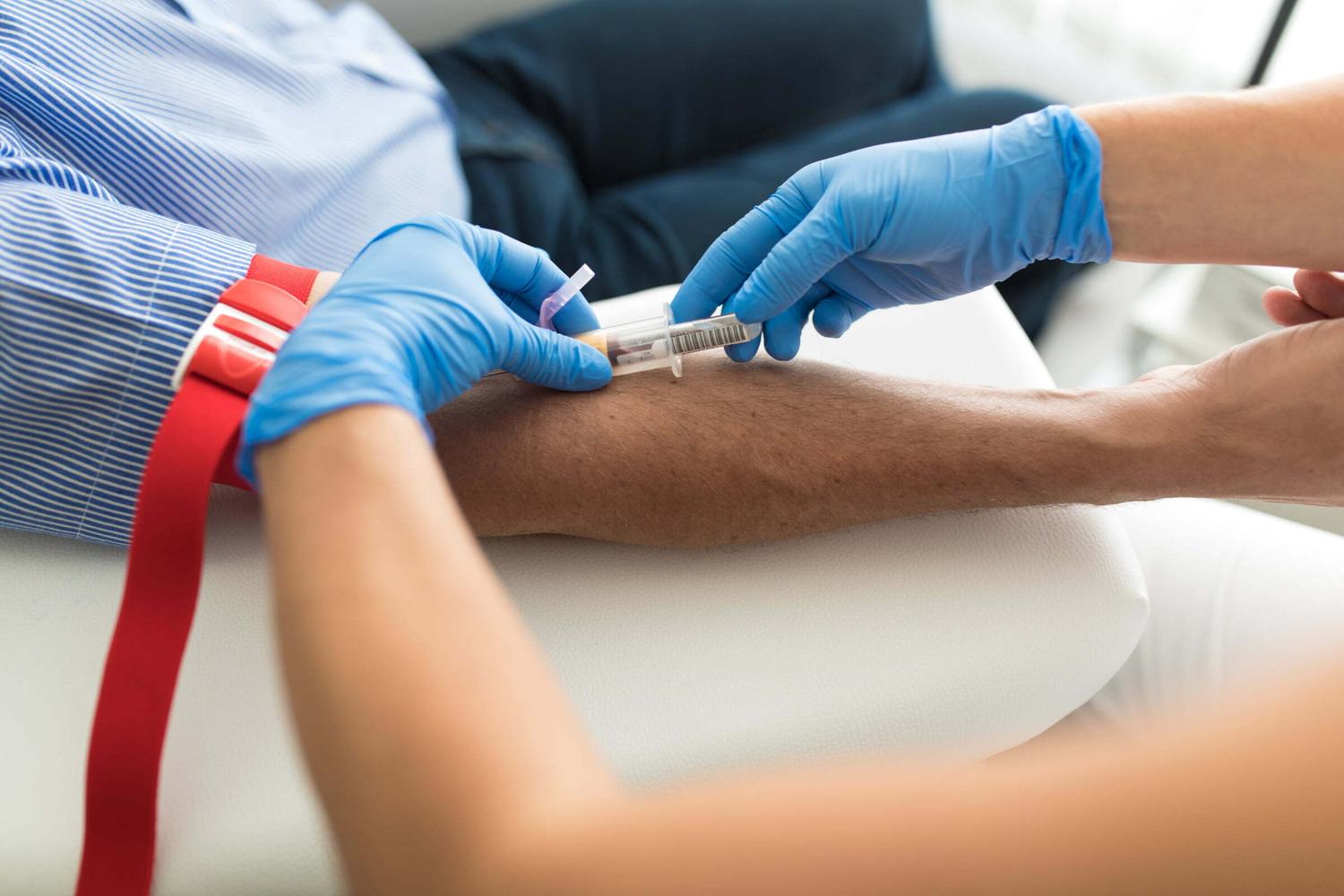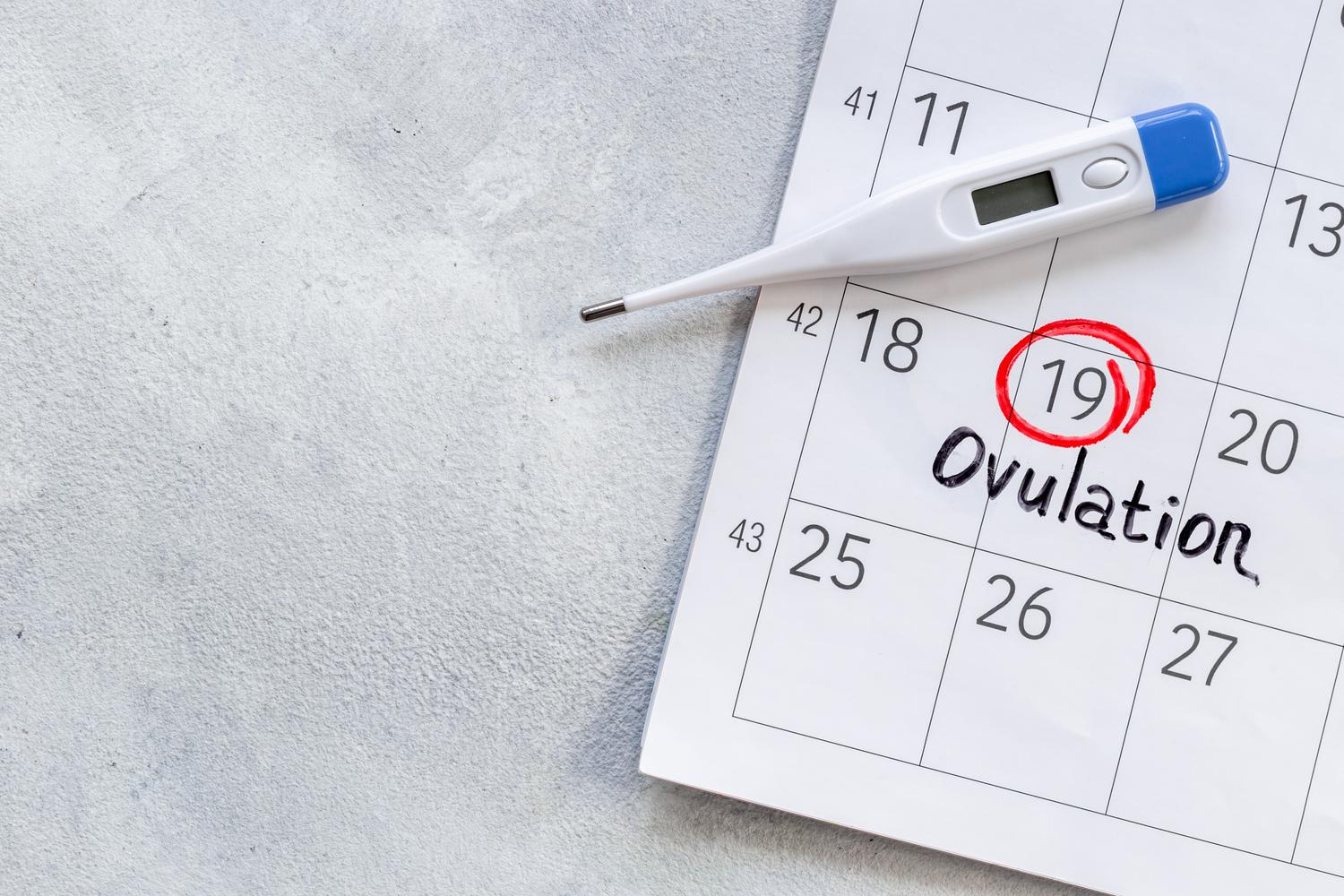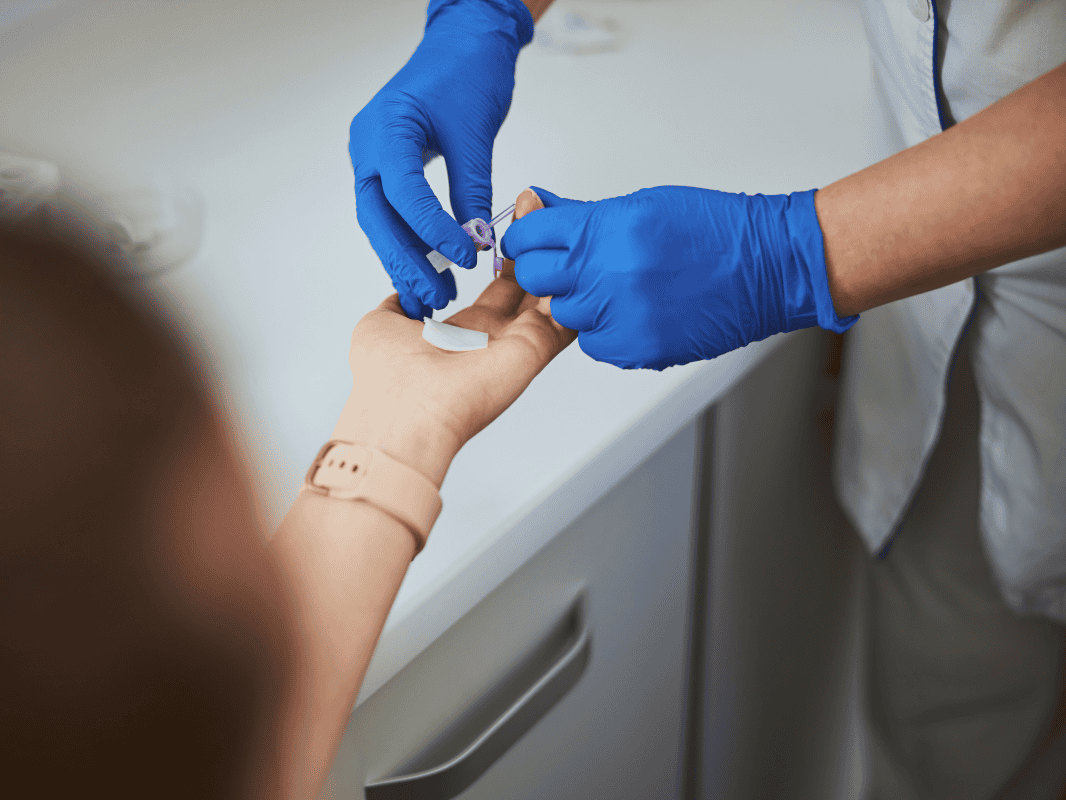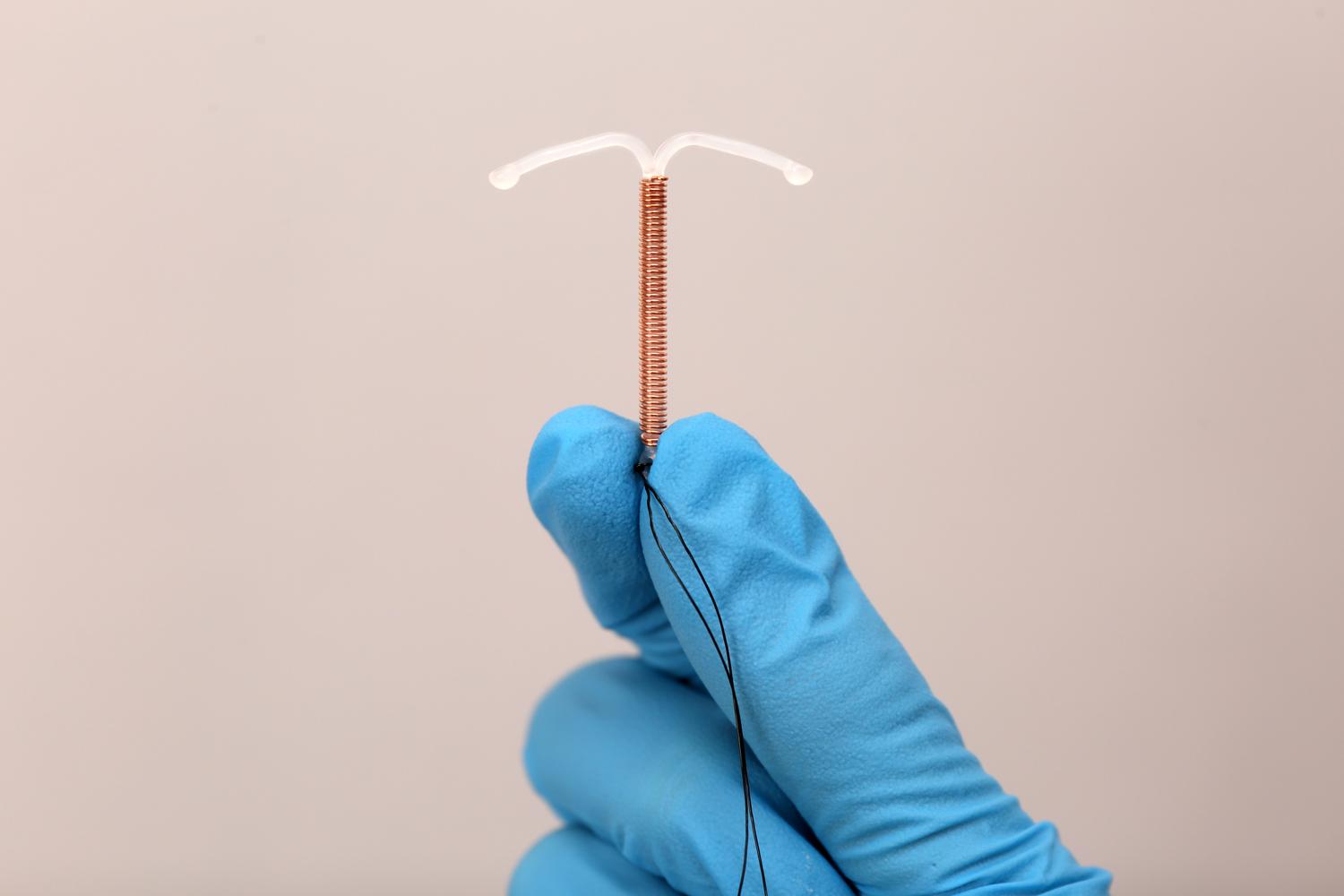How Thyroid Problems Affect Women and Treatment Options
A guide to thyroid problems in women and when to see a doctor
Key takeaways
- Thyroid problems can affect menstruation, pregnancy, reproductive ability, and menopause
- Hyperthyroidism and hypothyroidism are the most common thyroid issues that affect women
- TSH and radioactive iodine tests are used by providers to diagnose thyroid conditions
Thyroid conditions are a known women’s health problem. Women are five to eight times more likely to have a thyroid problem than men. One in eight women will have a thyroid problem in her lifetime. These conditions are more likely to appear after pregnancy or menopause.
What is the thyroid gland?
The thyroid is a small butterfly-shaped gland in the neck. It makes two main hormones: thyroxine (T4) and triiodothyronine (T3). These thyroid hormones do many things in the body. They control the body’s metabolism and heart rate. They also help control your body temperature and how your immune system works.
The thyroid gland helps regulate sex hormones in women, directly impacting the menstrual cycle and ovulation.
Women are at an increased risk for health problems caused by a change in thyroid hormone levels. This may be due to hormone changes that occur during menstruation, pregnancy, and menopause.
How do thyroid issues affect menstruation?
Thyroid issues can make periods irregular. They may occur earlier or later than they usually do. Thyroid issues can also cause periods to be abnormally heavy (menorrhagia) or disappear altogether (amenorrhea).
Menstrual problems can make it hard to predict ovulation. This can make it hard to determine the best time to try for pregnancy.
How do thyroid issues affect reproduction?
When the thyroid isn't working well, it can be difficult for a woman to get pregnant. Thyroid conditions can prevent ovulation from occurring. If an egg isn’t released for fertilization, it is nearly impossible to get pregnant. Thyroid problems can also affect the mucus in a woman’s cervix, which helps sperm move, making it harder for them to reach an egg. Changes in metabolism and irregular—or absent—menstrual cycles can also significantly impact a woman’s ability to conceive.
How do thyroid issues affect pregnancy?
When pregnant, thyroid issues that aren't controlled can lead to complications like high blood pressure, giving birth too early, or having a small baby. Both the mother and baby can face risks.
If a woman's thyroid problem isn't treated, it can increase the chance of losing a baby during pregnancy, especially in the early stages. This is because the baby needs the right thyroid hormones to grow properly.
Finally, some women may have thyroid trouble after giving birth, which can affect their health and their ability to take care of the baby. This condition is known as postpartum thyroiditis.
How do thyroid issues affect menopause?
Menopause involves significant changes in hormones. Thyroid problems can interact with these hormone changes, causing complications for older women.
Thyroid conditions can make the symptoms of menopause, such as hot flashes and mood swings, more severe. For example, if a woman already has hypothyroidism and then goes through menopause, the tiredness and mood changes from both conditions may mix, making her feel even more uncomfortable.
Thyroid conditions can also affect bone health, leading to faster bone loss or osteoporosis. Menopausal women already face an increased risk of osteoporosis due to decreasing estrogen levels. The combination of menopause and untreated hyperthyroidism can worsen bone density loss. Over time, this can make a woman vulnerable to complications like fractures and broken bones.
What are common thyroid issues in women?
Changes in levels of thyroid hormone are the most common cause of thyroid disorders in women.
Common thyroid diseases and disorders include:
Hyperthyroidism: When the thyroid gland in your neck makes too much thyroid hormone. This is known as an overactive thyroid.
Hypothyroidism: When your thyroid gland doesn't make enough thyroid hormone. This is known as an underactive thyroid.
Thyroid nodules: Thyroid nodules are small bumps that can form on your thyroid gland. Large nodules may cause symptoms like swelling in the neck, difficulty swallowing or breathing, or a hoarse voice.
Goiter: An enlarged thyroid gland.
Hashimoto’s disease: An autoimmune disease in which the immune system mistakenly attacks the thyroid gland.
Graves’ disease: An autoimmune disorder in which the immune system mistakenly tells the thyroid gland to make too much thyroid hormone.
Postpartum thyroiditis: A condition that affects some women after giving birth. It typically occurs in two phases: an initial hyperthyroid phase, during which the thyroid becomes overactive, and a hypothyroid phase, during which it becomes underactive.
When should I see a doctor about thyroid problems?
A thyroid that isn’t working correctly can cause noticeable symptoms. However, these often appear similar to those of other illnesses. Some women may not experience any symptoms at all. Talk to your healthcare provider if you are experiencing any changes to your health and wellness.
Common signs and symptoms of a thyroid problem include:
- Weight loss or weight gain
- Feeling cold or hot
- Hair loss
- Constipation
- Changes in heart rate
- Mood changes (depression or feelings of anxiety)
- Fatigue
- Muscle weakness
- Irregular menstrual periods
- Dry skin
- Brittle nails
Any one of these symptoms could be a sign of a thyroid problem. If you begin to notice changes in your health that do not go away within a day or two, talk to a healthcare provider right away. They may order a lab test for you to diagnose a thyroid condition.
How are thyroid problems diagnosed?
If your doctor suspects that you may have a thyroid condition, they will order tests to check for certain hormone levels in your blood.
TSH Test
A TSH (Thyroid-Stimulating Hormone) test is a blood test used to measure your body's TSH level. A high TSH level suggests an underactive thyroid, while a low level indicates an overactive thyroid. Your doctor may order a second blood test, depending on your results. Follow-up tests will check your T3 and T4 hormone levels.
Radioactive iodine test
A radioactive iodine uptake test checks the functioning of the thyroid gland. A small amount of radioactive iodine is ingested during this test. The thyroid gland naturally absorbs iodine to produce thyroid hormones. By measuring the amount of radioactive iodine taken up by the thyroid gland, doctors can determine how well it's functioning.
This test is commonly used to diagnose thyroid disorders and to plan treatment.
What do I do if I am worried about my thyroid?
If left untreated, thyroid problems can cause serious complications. A poorly functioning thyroid can even affect pregnancies and menstrual cycles. It’s important to tell your provider about any changes to your wellness that you notice.
Women should also consider asking their doctor about how their thyroid is working. Thyroid tests are not often done during a regular check-up. If you start to notice symptoms of a thyroid condition like fatigue, sudden changes to your weight, or temperature sensitivity, talk to your healthcare provider. They may schedule blood testing to determine if you are experiencing a problem with your thyroid.







